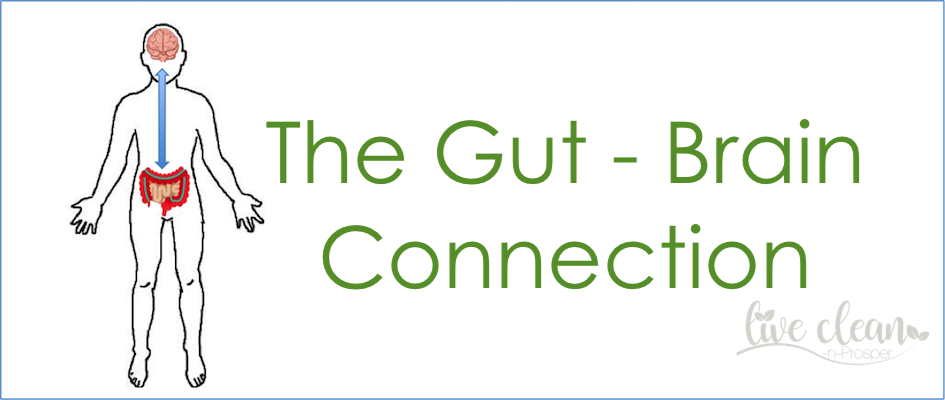Today I’m writing about the brain, how it’s affected by food and it’s connection to our weight.
With Scott’s study we have some interesting conversations. Usually about the latest things he has learned. Most recently we were discussing the role of our brain plays in regards to our weight and how it’s affected by food.
I thought I would share what we have learned.
How food affects our brain
Interestingly, of our total energy input, our brain actually uses up to 20% of our body’s energy resources. The different compounds in foods affect the production of hormones in our brain, which in turn, govern our moods.
The micronutrients in fruits & veg, such as antioxidants, help to reduce free radicals in the brain, which destroy brain cells. Essential fatty acids such as omega 3 & 6 are essential for the creation and maintenance of brain cell membrane. Proteins & amino acids affect how we feel and behave. The vitamins B6, B12 & folic acid help prevent brain disease.
Most of the energy comes from processing the carbohydrates we eat, to blood sugar.
The types of carbohydrates we eat have different effects on the levels of blood sugar. There are basically 3 types of carbohydrates, starch, sugar & fibre. The ratio of these in the food affects how the body and brain respond.
Simple carbohydrates has less fibre and are therefore processed quickly. This creates more energy, however it is not sustainable. This results in an energy deficit or slump.
Having a diet that contains a broad selection of foods help keep everything balanced.
So we know that different food affects the brain. What is really interesting is that the brain then regulates how much we eat and use for energy according to our weight.
Is the brain connected to our weight?
Researchers in 1982 theorised that the brain has a ‘body weight set point’. Which means that the brain actually has a say in how we put on, or lose weight.
This is the reason that many people plateau when actively trying to lose weight. It is also why many people put the weight back on after losing it.
The set-point theory suggests that body weight is regulated at a predetermined, or preferred, level by a feedback control mechanism. Information from the body is carried to a central controller in the brain, located in the hypothalamus.
The controller uses the information to modulate food intake or energy expenditure to correct any deviations in body weight from the set-point. (Source – www.ncbi.nlm.nih.gov/pubmed/)
According to this theory, body fat percentage and body weight are matters of internal controls that are set differently in different people.
There are several different theories on how to re-set the body’s set-point. Some say it can be done through diet, others say constant intense exercise.
I think that this will vary for each individual as much as our internal controls are different.
Either way, I found it quite interesting to learn about this particular ‘brain – body’ connection.
Till the next post,
Live clean n prosper.

